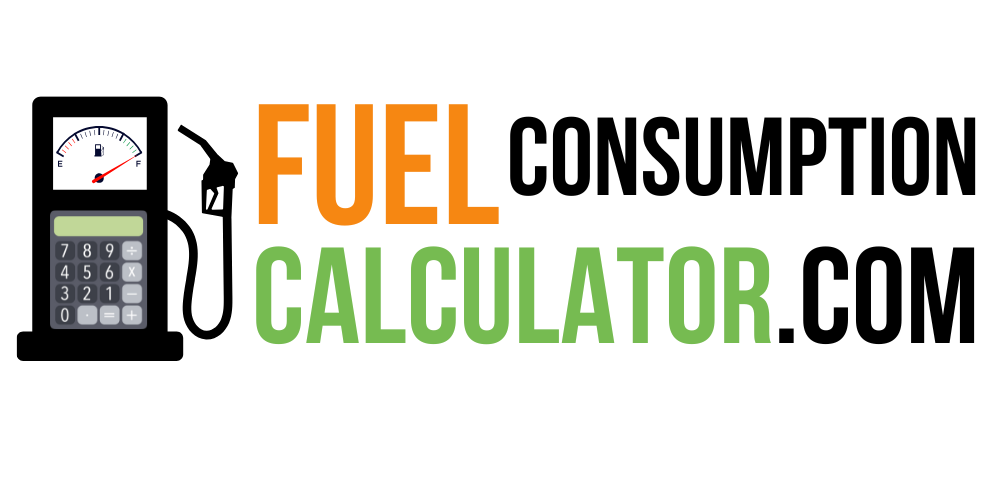The Electronic Control Unit (ECU) is often referred to as the brain of your vehicle, but how much influence does it really have on fuel consumption? Surprisingly, the ECU plays a crucial role in determining how efficiently your engine uses fuel.
In this article, we will explore the relationship between the ECU and fuel consumption, including how remapping can enhance or hinder efficiency, and what factors contribute to changes in fuel usage.
Contents
Key Takeaways
- ECU Functionality: The ECU manages engine performance by controlling fuel injection, ignition timing, and air-fuel mixture, which directly affects fuel consumption.
- Impact of Remapping: While remapping the ECU can improve performance, it may also lead to increased fuel consumption if not done correctly.
- Malfunctions Matter: A malfunctioning ECU can cause excessive fuel usage due to incorrect sensor readings and adjustments.
- Driving Habits Influence Efficiency: Aggressive driving can negate any efficiency gains from a well-tuned ECU.
- Regular Maintenance is Key: Keeping your vehicle well-maintained ensures that the ECU operates optimally, contributing to better fuel economy.
Understanding the Role of the ECU
The ECU, or Engine Control Unit, is a sophisticated computer that monitors various aspects of engine performance. It gathers data from multiple sensors throughout the vehicle, such as throttle position and oxygen levels in exhaust gases. By processing this information, the ECU adjusts parameters like fuel injection timing and ignition timing to optimize both power output and fuel efficiency.
For instance, if the engine runs too hot, the ECU can modify settings to cool it down. This dynamic adjustment helps achieve maximum efficiency while minimizing emissions. According to recent studies, vehicles with well-calibrated ECUs can achieve significantly better fuel economy compared to those with poorly tuned systems.
The Effects of ECU Remapping
ECU remapping involves altering the factory settings of the ECU to enhance engine performance. While this process can lead to improved horsepower and torque, it may also increase fuel consumption if not executed properly.
When an ECU is remapped for performance enhancements, it often requires more fuel to achieve these higher output levels. A study indicated that drivers who remap their ECUs without considering their driving habits may experience a decline in fuel efficiency due to aggressive acceleration and higher RPMs.
Factors Influencing Fuel Consumption Post-Remap
Several factors impact how an ECU remap affects fuel consumption:
- Driving Style: Aggressive driving can lead to higher fuel consumption regardless of any modifications made.
- Vehicle Condition: A well-maintained vehicle will generally perform better than one that is neglected.
- Terrain and Traffic Conditions: Driving in hilly areas or heavy traffic can exacerbate fuel consumption issues.
- Quality of Tuning: The expertise of the technician performing the remap plays a significant role in determining whether fuel efficiency improves or worsens.
Common Malfunctions and Their Impact
A malfunctioning ECU can lead to increased fuel consumption due to incorrect adjustments based on faulty sensor data. Common issues include:
- Faulty Sensors: If sensors like oxygen or temperature sensors fail, the ECU may miscalculate the necessary fuel mixture.
- Software Glitches: Bugs in the ECU software can cause erratic behavior affecting performance and efficiency.
- Electrical Issues: Problems with wiring or connections can disrupt communication between sensors and the ECU.
In such cases, regular diagnostics are crucial for maintaining optimal performance and preventing unnecessary fuel wastage.
Real-World Applications
To illustrate how an optimized ECU can enhance fuel economy, consider two scenarios:
- Case Study – Economy Remap: A vehicle owner opted for an economy remap focused on improving fuel efficiency rather than outright power. Post-remap tests showed a 15% improvement in miles per gallon (MPG), demonstrating that targeted tuning can yield significant savings at the pump.
- Maintenance Example: A fleet manager implemented regular maintenance checks on all vehicles’ ECUs. By ensuring that each unit was functioning correctly and recalibrated as needed, they observed a 10% reduction in overall fuel costs across their fleet.
These examples highlight how understanding and optimizing your vehicle’s ECU can lead to tangible benefits in fuel efficiency.
References
- ATPElectronics.co.uk. (2023). Can ECU cause fuel consumption? Retrieved from ATPElectronics
- EssexTuningLtd.co.uk. (2023). How Does An ECU Manage Fuel Consumption In a Vehicle? Retrieved from Essex Tuning
- JustDieselPerformance.com.au. (2023). 5 Reasons to Remap Your ECU | Just Autos. Retrieved from Just Diesel Performance
- LinkECU.com. (2017). Fuel Consumption and ECU tuning – G4+. Retrieved from Link ECU Forums
- LexusOwnersClub.co.uk. (2023). Worse Fuel Consumption After Ecu Reset – Lexus Owners Club. Retrieved from Lexus Owners Club
In conclusion, while the ECU is pivotal in managing your vehicle’s fuel consumption, its effectiveness relies heavily on proper tuning and maintenance practices. Understanding these dynamics allows drivers to make informed decisions that enhance both performance and efficiency.
Citations:
[1] https://atpelectronics.co.uk/can-ecu-cause-fuel-consumption/
[2] https://essextuningltd.co.uk/how-does-an-ecu-manage-fuel-consumption-in-a-vehicle
[3] https://www.justdieselperformance.com.au/blog/5-reasons-to-remap-your-ecu/
[4] https://forums.linkecu.com/topic/6698-fuel-consumption-and-ecu-tuning/
[5] https://www.lexusownersclub.co.uk/forum/topic/10915-worse-fuel-consumption-after-ecu-reset/
[6] https://www.reddit.com/r/granturismo/comments/15igsuk/does_reducing_horsepower_via_ecu_andor_power/
[7] https://www.youtube.com/watch?v=9VtxCegCJM8

Hi, I’m Sufiyan, the developer behind this platform. I created FuelConsumptionCalculator.com to simplify fuel tracking for everyone — because understanding your vehicle shouldn’t require a degree in mechanics. I’m always working on adding more tools and content to make this site even more useful

